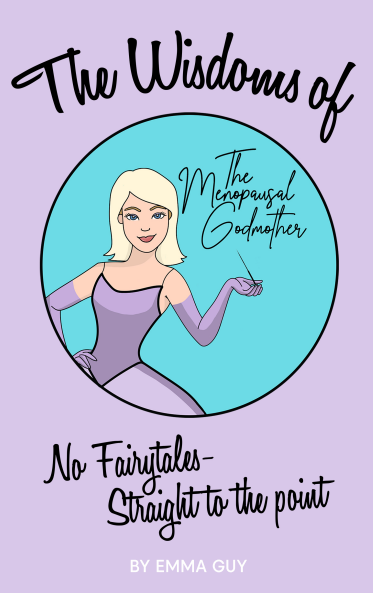Years ago the symptoms of menopause were something women had to endure in embarrassed silence but thankfully, things have changed. That really doesn’t have to be your own experience.
In fact, with more women opening up about this stage in their life, the easier it is to talk about how to deal with the effects of hormones going haywire.
Is the Timing of Menopause Hereditary?
Menopause doesn’t happen until you’ve had a full 12 months without menstruation and the period before that is called the perimenopause. It can happen while you’re in your 40s or in your 60s but the average age is 51.
But banish fears that your mum’s miserable menopause will be yours. Studies may have found that there are genetic factors at play when we reach this stage of life which means that if your mum, your gran and aunties had an early or late menopause the chances are you’ll probably have the same but you don’t have to experience the same pesky symptoms they had. If your mum has horrible hot flushes and brain fog it doesn’t mean you will too.
Are the Types of Menopause Symptoms Hereditary?
Interestingly, there has been a lot of research that links body fat index (BMI) smoking, anxiety and depression to higher instances of hot flushes and night sweats but little done in the way of research with regard to the influence your genetic makeup has on these things.
However, one study of 17,695 postmenopausal women aged 50-79, revealed 14 genetic variants that were associated with experiencing hot flushes. All of which were located on chromosome 4. The genes found were part of a region of DNA that codes for the tachykinin receptor 3, a receptor that interacts with the regulation of release of oestrogens. https://pubmed.ncbi.nlm.nih.gov/32797194/
However, there’s been no case made for the fact that your female ancestors will pass on their mood swings, brain fog and expanding waistline. In fact these are areas over which you can have some control.
An increase in abdominal fat is a side effect that may happen because you’re less active than you used to be, so reducing your intake of carbs, fatty and processed foods and high sugar fizzy drinks and introducing more exercise into your daily routine can keep your weight in check.
Managing Hereditary Menopause Symptoms
There are lots of skin and hair supplements on the market that can help with the kind of midlife problems associated with menopause. Check out herbs, like dong quai and flax which have natural hormones and can help with hot flushes and night sweats. These and other natural menopause remedies can help cut down on symptoms because they protect us from over-stimulation by the rapidly changing levels of estrogen during menopause. Alternative therapies such as acupuncture and meditation have also been proven to be very effective against wide range of symptoms.
Obviously, nobody can guarantee that by ticking the right boxes such as diet, exercise and alternative therapies you’ll be as lucky to sail happily oblivious through the menopause but one thing’s for certain, you are definitely not predestined to inherit the menopausal symptoms experienced by the women who have gone there before you.

Emma is a multi-entrepreneur. She founded The Menopausal Godmother and Acupuncture That Works. She specialises in acupuncture for menopause & fertility and has delivered acupuncture to over 1000 women going through the menopause.








